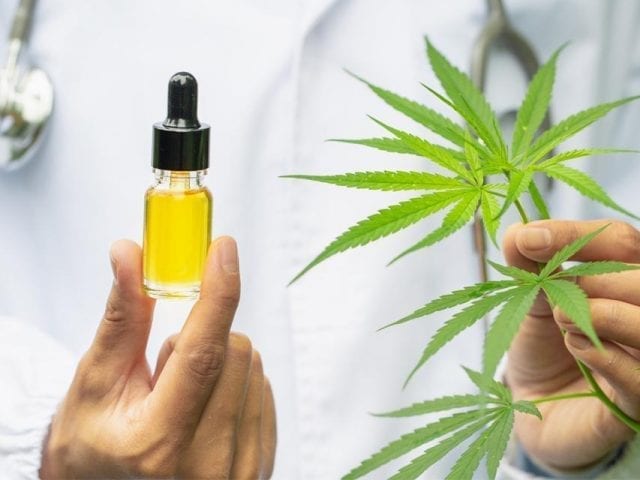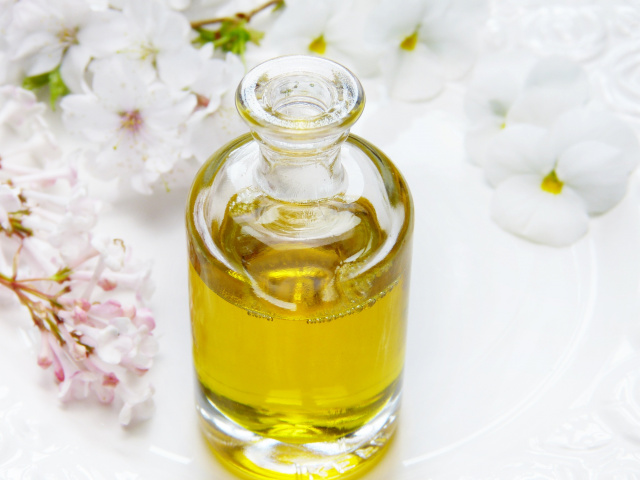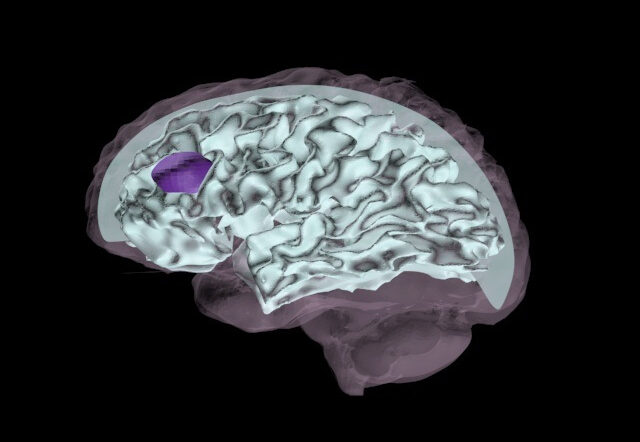Psychological Effects of Hemp Extract

If you are reading this article, you most likely want to know more about how hemp extract can help you feel better and how taking CBD can help you solve a particular problem you are struggling with.
Read on, because this article describes CBD in depth with a focus on what its function is, how it interacts with the body, what its benefits are, and what CBD’s known potential side effects are.
In this way you will gather as much information as possible that can certainly come in handy in determining whether CBD is right for you!
WHAT IS CBD?
Before delving into the effects, it is important to understand what CBD is.
CBD is a cannabinoid most represented in the Hemp Sativa plant, a plant belonging to the family Cannabaceae, also commonly known as Hemp.
Among the many compounds found in hemp plants, CBD is one of the main compounds and has no psychoactive effects.
In fact, unlike its less estimable psychoactive cousin, tetrahydrocannabinol (or THC), CBD derived from hemp does not produce psychoactive effects and is therefore not intoxicating.

Cannabidiol is well known for its many therapeutic benefits, including reduction of pain and inflammation, management of anxiety and depression, and even its therapeutic potential in treating certain types of epilepsy and more.
Several studies suggest that CBD may provide potential health benefits, including improved sleep quality, reduced inflammation associated with chronic pain conditions, and even increased mental clarity.
MECHANISM OF ACTION OF CBD
How can CBD be used to help us regain well-being? Its beneficial effects are a consequence of the way our body assimilates the active ingredient found in medical hemp and that is through the endocannabinoid system.
Exactly like the nervous system, the immune system, and the endocrine system, with which it prefers to interact as a modulator, the endocannabinoid system is one of the biological systems present in the human body.
It plays a key role in regulating various physiological processes, such as mood, appetite, pain, inflammation, and immune response.
The endocannabinoid system consists of three main components: endocannabinoids, receptors, and enzymes. Endocannabinoids are naturally occurring compounds produced by our own bodies that activate the receptors of the endocannabinoid system. The receptors, called CB1 and CB2, are found throughout the body and are responsible for transmitting signals to the cells. Enzymes are responsible for breaking down endocannabinoids after they have served their purpose.
When we introduce cannabinoids such as CBD into our bodies, they interact with the endocannabinoid system by binding to the CB1 and CB2 receptors. This interaction helps to regulate various physiological processes, leading to a range of therapeutic effects.
Overall, the endocannabinoid system is a complex network of receptors and enzymes that helps to maintain balance and homeostasis in our bodies. By interacting with this system, CBD can help to regulate various physiological processes and promote overall health and well-being.
CBD has a variety of potential therapeutic benefits that have been studied extensively in recent years. One of the most well-known benefits of CBD is its ability to reduce pain and inflammation. This makes it a promising option for people suffering from chronic pain conditions such as arthritis, fibromyalgia, and multiple sclerosis.
CBD has also been shown to have anti-anxiety and anti-depressant effects, making it a potential treatment option for people with anxiety disorders, depression, and other mental health conditions. Additionally, some studies have suggested that CBD may be effective in treating certain types of epilepsy, such as Dravet syndrome and Lennox-Gastaut syndrome.
Other potential benefits of CBD include improved sleep quality, reduced symptoms of PTSD, and even potential anti-cancer properties when you follow their advice in this link. While more research is needed to fully understand the therapeutic potential of CBD, the growing body of evidence suggests that it may be a valuable tool for improving overall health and well-being.




